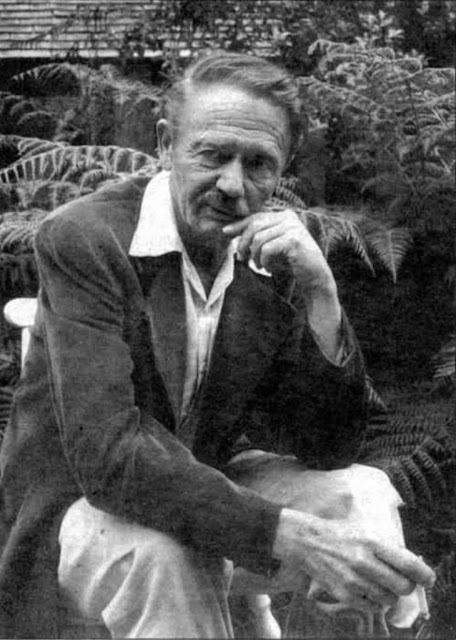Aeons of aeons ago, in an epoch whose marvelous worlds have crumbled, and whose mighty suns are less than shadow, I dwelt in a star whose course, decadent from the high, irremeable heavens of the past, was even then verging upon the abyss in which, said astronomers, its immemorial cycle should find a dark and disastrous close.
Ah, strange was that gulf-forgotten star - how stranger than any dreams of dreamers in the spheres of to-day, or than any vision that hath soared upon visionaries, in their retrospection of the sideral past! There, through cycles of history whose piled and bronze-writ records were hopeless of tabulation, the dead had come to outnumber infinitely the living. And built of a stone that was indestructible save in the furnace of suns, their cities rose beside those of the living like the prodigious metropoli of Titans, with walls that overgloom the vicinal villages. And over all was the black funereal vault of the cryptic heavens-a dome ol infinite shadows, where the dismal sun, suspended like a sole, enormous lamp, failed to illumine, and drawing back its fires from the face of the irresolvable a baffled and despairing beam on the vague remote horizons, and shrouded vistas illimitable of the visionary land.
We were a sombre, secret, many-sorrowed people-we who dwelt beneath that sky of eternal twilight, pierced by the towering tombs and obelisks of the past. In our blood was the chill of the ancient night of time; and our pulses flagged with a creeping prescience of the lentor of Lethe. Over our courts and fields, like invisible sluggish vampires born of mausoleums, rose and hovered the black hours, with wings that distilled a malefic languor made from the shadowy woe and despair of perished cycles. The very skies were fraught with oppression, and we breathed beneath them as in a sepulcher, forever sealed with all its stagnancies of corruption and slow decay, and darkness impenetrable save to the fretting worm.
Vaguely we lived, and loved as in dreams-the dim and mystic dreams that hover upon the verge of fathomless sleep. We felt for our women, with their pale and spectral beauty, the same desire that the dead may feel for the phantom lilies of Hadean meads. Our days were spent in roaming through the ruins of lone and immemorial cities, whose palaces of fretted copper, and streets that ran between lines of carven golden obelisks, lay dim and ghastly with the dead light, or were drowned forever in seas of stagnant shadow; cities whose vast and iron-builded fanes preserved their gloom of primordial mystery and awe, from which the simulacra of century- forgotten gods looked forth with unalterable eyes to the hopeless heavens, and saw the ulterior night, the ultimate oblivion. Languidly we kept our gardens, whose grey lilies concealed a necromantic perfume, that had power to evoke for us the dead and spectral dreams of the past. Or, wandering through ashen fields of perennial autumn, we sought the rare and mystic immorteles, with sombre leaves and pallid petals, that bloomed beneath willows of wan and veil-like foliage: or swept with a sweet and nepenthe-laden dew by the flowing silence of Acherontic waters.
And one by one we died and were lost in the dust of accumulated time. We knew the years as a passing of shadows, and death itself as the yielding of twilight unto night.


No comments:
Post a Comment